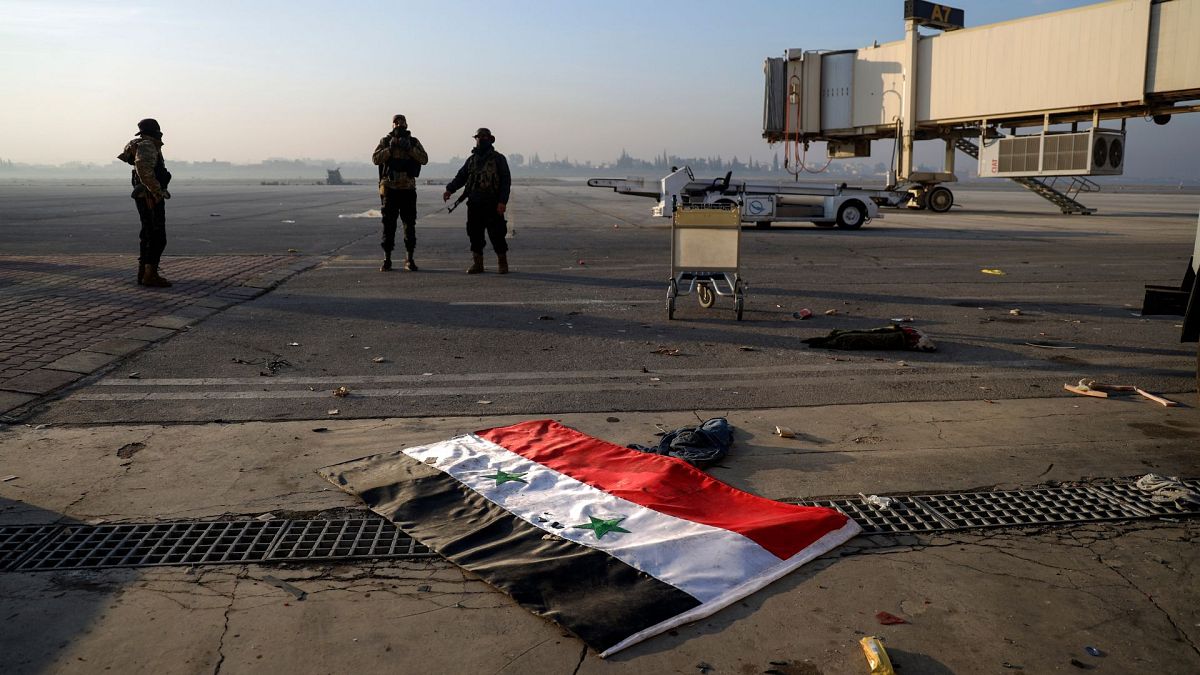
The Organisation for the Prohibition of Chemical Weapons (OPCW) will hold an emergency meeting on Thursday to address concerns surrounding the future of Syria’s chemical weapons stockpile.
This follows the overthrow of President Bashar al-Assad’s regime by rebel forces, who entered Damascus over the weekend in a lightning offensive that brought his decades of rule to an abrupt end.
On Monday, the OPCW issued a reminder to the new authorities in Syria urging its compliance with international obligations to safeguard and destroy dangerous substances, including chlorine gas.
The OPCW’s executive council called the meeting to discuss the evolving situation in Syria and review ongoing investigations into the use of chemical weapons during the country’s long-running civil war.
Al-Assad’s regime consistently denied deploying chemical weapons, but the OPCW has found evidence of their repeated use.
It was revealed earlier this year that the Islamic State group deployed mustard gas during a 2015 attack on the Syrian town of Marea.
The ousted Syrian government has pledged to transfer power to a transitional cabinet led by Mohammed al-Bashir, who previously headed the rebel’s alliance “salvation government” in southwest Syria.
Al-Bashir says the transitional period will extend until early March.
- Syria’s interim government will stay in power until March, reports say
The US has expressed its support for a new Syrian government that denounces terrorism, eliminates chemical weapon stockpiles, and protects the rights of minorities and women.
US State Department spokesperson Matthew Miller emphasised that the OPCW is responsible for inspections and verification efforts under its mandate.
“When it comes to this question of inspections and verification, it is the responsibility of that organisation to conduct verification efforts under its mandate, not any of the member states or the United States or other states,” he said.
Meanwhile, Israel has conducted over 350 airstrikes in Syria in the past 48 hours, targeting strategic weapons stockpiles.
The Israeli military acknowledged advancing into a buffer zone inside Syria but denied moving towards Damascus.
On Sunday, the Kremlin confirmed that President Vladimir Putin had granted political asylum to al-Assad.





